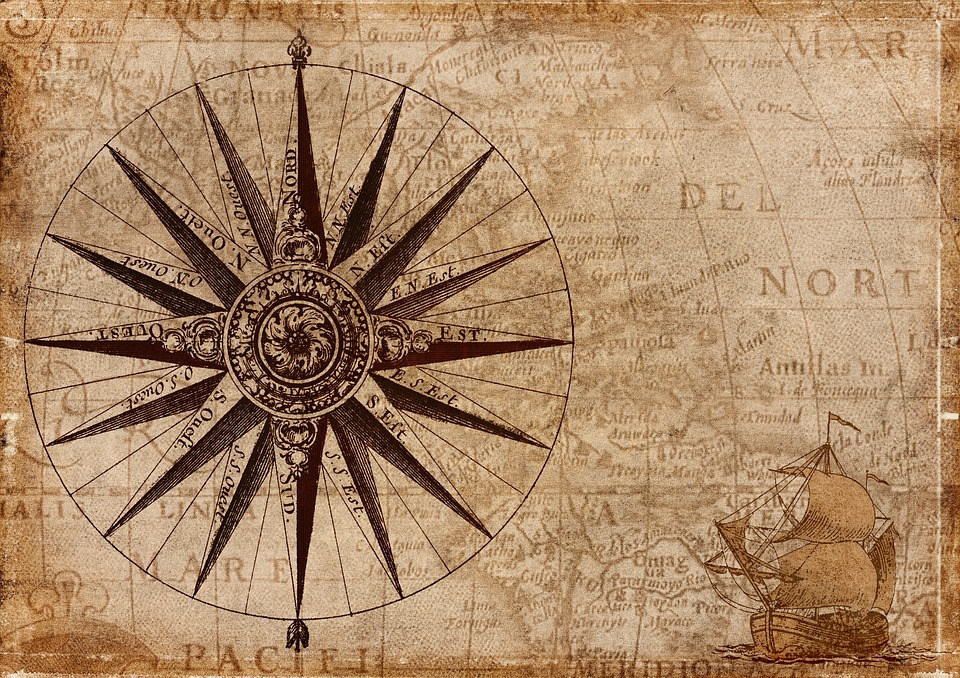You can count on our writers as well if your deadlines don’t give you any choice. They will complete a paper sample for you within the shortest deadline.
Historical Figure Essay: The One about Otto Von Bismarck
Why Did Otto Von Bismarck Dislike Colonies?
The Iron Chancellor
The Iron Chancellor (1815 – 1898), as they called him, was the first ruler of united Germany and the founder of the German empire. His role in history was very important: he transformed small German states into the single great empire, and that is the reason historians consider him one of the most powerful figures in history. The plan he had was to build a strong state based on a strong feeling of national identity, and he made it, he created Germany we know today.
Keeping the Peace
In that time, Europe had five strong stands, and they were Germany, France, Britain, Russia, and Austria. Diplomacy was the key for good rulership, according to Bismarck, so Germany, Austria, and Russia signed Dreikaiserbund, or League of the Three Emperors, in 1873. He was very committed to keeping the peace in Europe, so he hadn’t ambitious in involving in the Scramble for Africa because he assumed that colonial expansion could make problems in good diplomatic relations he had with other European countries.
The Significance of Diplomacy
And actually, an answer to a question why Bismarck disliked colonies lies in diplomacy. The Iron Chancellor acquired some African colonies (Togo, the Cameroons, Tanzania, and Namibia) which had the size five times bigger than Germany, but, in fact, they were really poor. Bismark didn’t see any good reason for expanding German territory in Africa because it could seriously harm the balance in Europe and on the other hand the investment in colonies wasn’t really worth it.
Otto von Bismarck created a powerful empire, and all he cared about was to keep it safe and strong. Thanks to his intellect and strong will: he actually did it.
References
BBC. (2014) Otto von Bismarck. Retrieved from http://www.bbc.co.uk/history/historic_figures/bismarck_otto_von.shtml
History.com Staff. (2009). OTTO VON BISMARCK. Retrieved from http://www.history.com/topics/otto-von-bismarck
Stephen Tonge. Bismarck’s Foreign Policy 1871-1890. Retrieved from http://www.historyhome.co.uk/europe/bismarck.htm
Historical Figure Essay: The One about Hitler
Comment on the fact that Hitler was the man of the year in 1938 according to the Time magazine
Former Nazi Germany dictator Adolf Hitler is perhaps the most notorious figure in modern history. His life, ideology, and atrocities are so thoroughly documented that he has become a cultural icon, the embodiment of evil. However, a lesser-known fact about the Fürher is that in 1938 – just two months after “Hitler’s Henchmen were unleashed on the German Jewish community” — he was honored by Time magazine with the title of “Man of the Year” (Samaan, 2013, p. 85). This is surprising given the current perception of the award. It is often considered to be prestigious and reserved for leaders, philanthropist, activist, and public figures who have made a positive impact on world affairs. However, it is important to remember that this is not how Time magazine understands the award. As Time magazine has pointed out, in an article titled “Everything You Wanted to Know About Time’s Person of the Year,” they are looking for “the person or persons who most affected the news and our lives, for good or ill, and embodied what was important about that year” (Conniff, 2014). This sentiment is certainly evident in their 1938 selection – as well as in their naming of Stalin in both 1939 and 1942. Moreover, I would argue that according to Time’s definition, Hitler certainly fits the description of “Man of the Year,” and after reading the article, it’s apparent that it is not always an honor to hold this title.
According to the original article, Time magazine makes it clear that Hitler in addition to being “the world’s No. 1 International Revolutionist,” fixed Germany’s unemployment problem, unified Austria and Germany, and created an overall more unified Germany. However, the original article does not portray Hitler as a positive force. They call him “moody, brooding” and “unprepossessing,” and say that in Nazi Germany the “genius of free wills has been stifled by the oppression of dictatorship” making the “output of poetry, prose, music, philosophy, art…meagre indeed” (“Adolph Hitler,” 1939, p. 3). They mention the physical torturing of Jews and close the article with this statement: “To those who watched the closing events of the year it seemed more than probable that the Man of 1938 might make 1939 a year to be remembered” (p. 7). With this prophecy, who could argue that Time did not accurately identify the most influential man of the year?
References
Adolf Hitler: Man of the Year, 1938. (1939). Time Magazine. Retrieved February 11, 2016, from http://content.time.com/time/magazine/article/0,9171,760539-1,00.html
Conniff, K. (2014, December 9). Everything You Wanted to Know About TIME’s Person of the Year. Time Magazine. Retrieved February 11, 2016, from http://time.com/3626016/person-of-the-year-faq/
Samaan, A. E. (2013). From a “Race of Masters” to a “Master Race”: 1948 to 1848.
